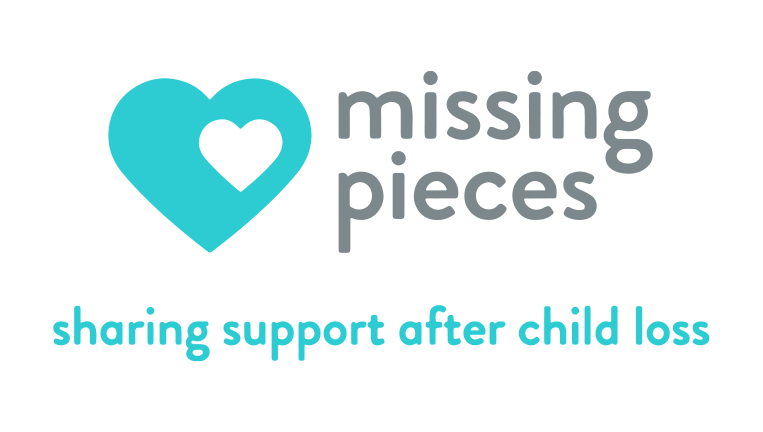
We all need someone we can lean on.
Click to go directly to local resources
Finding Grief Support
After the death of a child, many families report the importance of identifying a support system. Hopefully, you have found friends, relatives, counselors, a pastor, or others who allow you to talk about your child when you need to and understand when you don’t want to. You have probably noticed some people are more comfortable with your grief, while others seem unable to tolerate your pain. Lean into the support of those who you are comfortable spending time with.
Even though many people may comment “I know how you feel”, very few can imagine the pain in having a child die. Many families have found support in talking with other bereaved families, who “get” what it is like to lose a child. Attending a group or participating in specific events for families who have had a child die may provide you an opportunity to share your story, problem-solve difficult situations, and hopefully, find strength and healing by being with others.
There are many opportunities and different venues to connect with parents and families.
Support Groups: There are many support groups for both general and specific types of loss. At first, people can find support groups to be intimidating; remember that you can attend and just listen. You won’t be forced to speak, and can share only what you are comfortable sharing. You may draw comfort from being in a community of others who understand the depth of your grief. Surviving siblings can also benefit from programs with age-appropriate activities to guide them in expressing their feelings and remembering their brother or sister.
Therapists or counselors: Sometimes, talking to a professional with experience in grief counseling can help you work through some of the intense emotions you may be feeling. It’s normal to feel vulnerable during grief, and you might not always want to share your thoughts with the people in your daily life. A compassionate third party who has grief experience may help you overcome obstacles to your healing.
Faith-based groups: If you are religious, you may find support in your community or with the leader of your church or temple. They may be able to provide suggestions for rituals or prayer that can help. Because of their role in the community, they may have extensive experience with loss.
Online Community: You may be a private person or not have a local network of support. There are many Facebook groups, websites and chat rooms that allow you to post your thoughts and read the posts of others who have suffered a similar loss. Through this community, you may feel less isolated and find words that describe what you are experiencing. Many families continue to use their CaringBridge page to share with others.
Missing Pieces strives to make grief resources more accessible and to minimize the additional stress families often encounter when seeking help. If you would like assistance with support and resources, fill out the referral form and we will follow up with you.
Missing Pieces does not endorse one program over another but encourages you to contact the programs directly and ask specific questions regarding programming, philosophy, group structure and any related fees.
